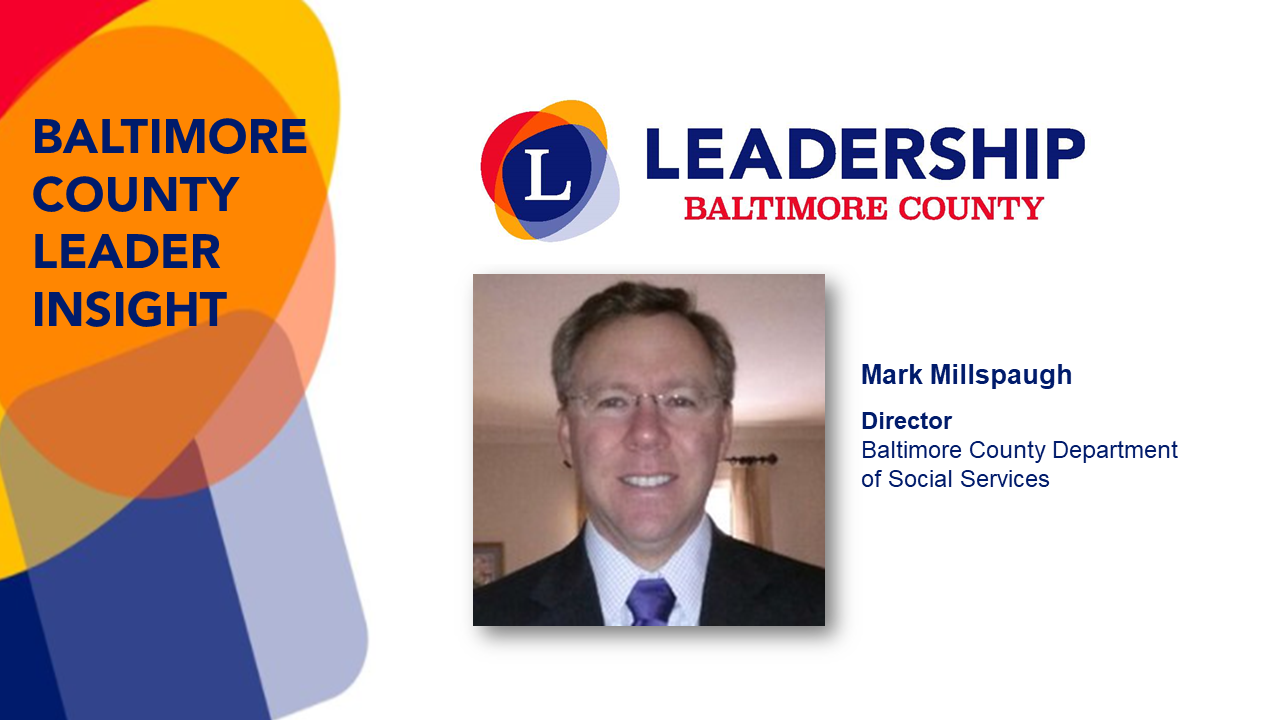
A special interview, January 2022
- What is the most important issue facing the Baltimore County Department of Social Services (BCoDSS) right now and how are you working to address it?
BCoDSS believes that strong families are the essential building blocks for strong communities, and strong communities are the essential building blocks for a strong County, State and Nation. As such, supporting families is essential so that all members from all generations are able to meet their full potential. Sadly, we continue to see the negative impacts of substance use, mental health disorders, trauma and the many ramifications of poverty create challenges for families that prevent them from fulfilling their potential as the strong building blocks we know they can be.
- How are you and your department inspiring the next generation of social workers?
What we do in the Department of Social Services isn’t rocket science; it’s a lot harder. Each human brain is different and reacts differently to intervention. As such, the same effective intervention used for one person may not work for another. That makes our work challenging but also very rewarding. We literally work in an agency where every employee can make a significant, positive difference in at least one person’s life every day. What could be more inspiring than that? As our recruitment ad says: Find a job that matters!”
- What life experience has most shaped who you are as a leader?
I think all leaders are shaped by the amalgamation of experiences throughout their lives since good leaders are always learning and adapting. From “learning what not to do” from a particularly ineffectual leader you previously worked with (or for), to “picking the brain” of a mentor who teaches critical lessons of leadership, we all develop skills through observation, study, trial and error. As for life experiences that have shaped me, I have chosen to work in a “helping field” for my entire career after attending a Quaker college that emphasized the values of Simplicity, Peace, Integrity, Community, Equality and Stewardship.
- Where do you have the most impact?
The Department of Social Services has a broad and deep impact in promoting individual well-being, protecting vulnerable children and adults from abuse or neglect, and providing the supports needed to help people achieve and sustain independence. We do this through a variety of programs and services delivered efficiently and effectively that demonstrate the best practice standards outlined through the Council on Accreditation. My role is to empower and support leaders at all levels of the Department to achieve these outcomes.
- In your opinion, what personal trait is most important to being a good leader and why?
Being open-minded is an essential aspect of leadership and one I continually strive to achieve. The last 22 months has proven that no leader can predict the future and no leader has all the answers to what life may bring forth. Being agile, accepting input from others, and being willing to try new things are all parts of being “open-minded” in my leadership style. In my experience, autocrats don’t last long and their organizations don’t grow and prosper since they are closed to other people’s ideas and don’t grow new leaders.
